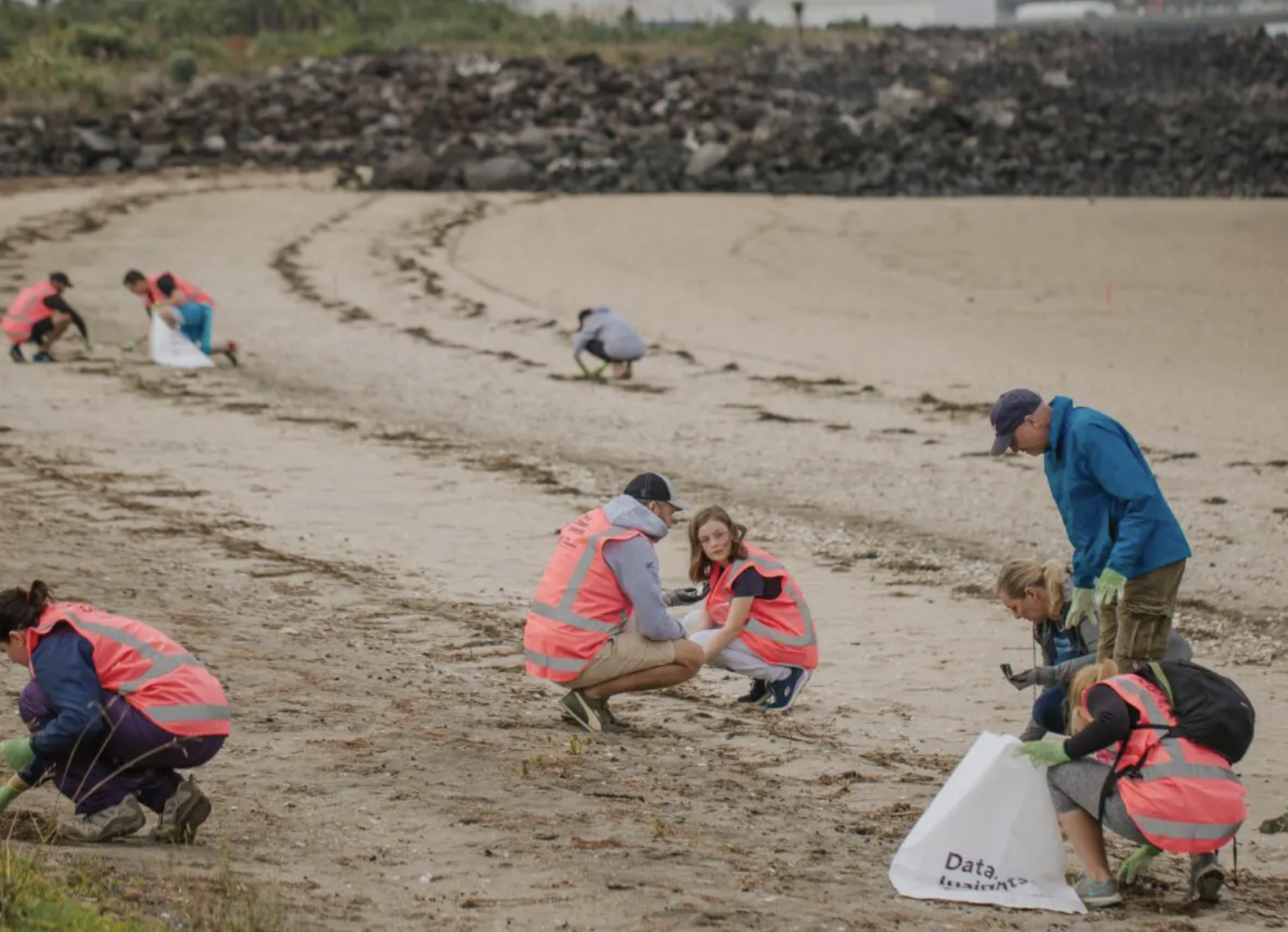Are you interested in taking action against ocean pollution?
Join Sustainable Coastlines on 3rd June at Fitzroy Beach from 2pm for a training workshop for Litter Intelligence: a citizen science platform to enable community groups to contribute to a growing national litter database by monitoring their local beaches & auditing the litter. We’ll meet in the upstairs room at New Plymouth Surf Riders Club, big thanks to the club for their support!
All welcome to this free whānau-friendly event, come along to learn how to set up & run a survey, sort & record rubbish in an audit, and add your data into the national database & solutions platform. We’ll start from 2pm and finish with snacks and Phoenix Organics drinks!
Any questions, email jemma@sustainablecoastlines.org
Please register your attendance on the form here.
About the Litter Intelligence Programme
Working in collaboration with the Ministry for the Environment, Statistics New Zealand and the Department of Conservation, we have developed a national beach litter monitoring programme that will enable us to build an accurate picture of the beach litter problem in New Zealand and help to prioritise solutions.
By working to a United Nations Environment Program survey methodology, the data is collected at the highest standard of scientific rigour, allowing it to be used for national, regional and international reporting, including progress against UN Sustainable Development Goals.
To collect the beach litter data long-term, we work with community groups & organisations to conduct beach litter surveys across Aotearoa at least four times per year. We provide the training and tools required to take part in this project as Citizen Scientists, conducting regular litter surveys at their chosen local beach sites and loading the litter data into a new, easy to use nationwide beach litter Citizen Science Platform/App we’ve developed specifically for the project. The Litter Intelligence litter data base also includes a solutions data base and some awesome litter data visualisation tools that are in development at present. All the litter data collected is freely available to the groups involved as well as to the wider public and decision makers.

